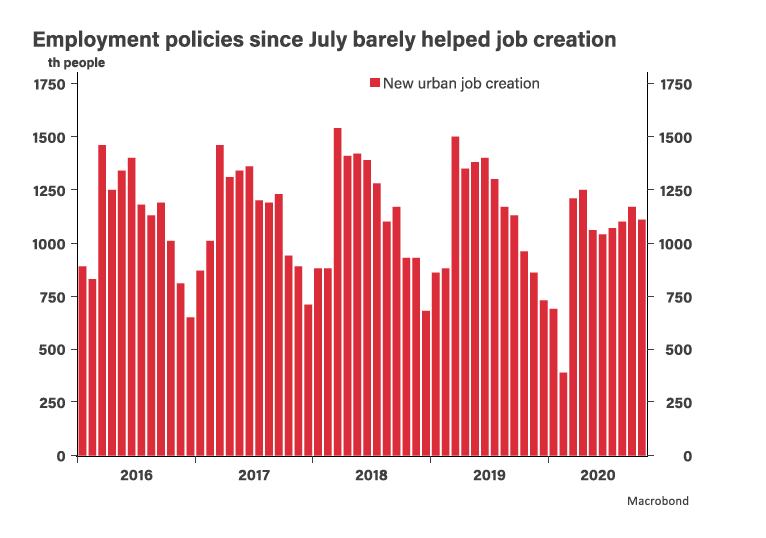
2020 has been defined not only by COVID-19, but also by strategic planning for the next 15 years.

2020 has been defined not only by COVID-19, but also by strategic planning for the next 15 years.
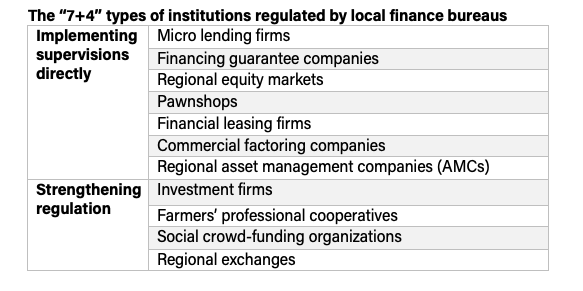
China’s fintech regulation seems to have taken a sharp turn following Ant Group’s delayed IPO.
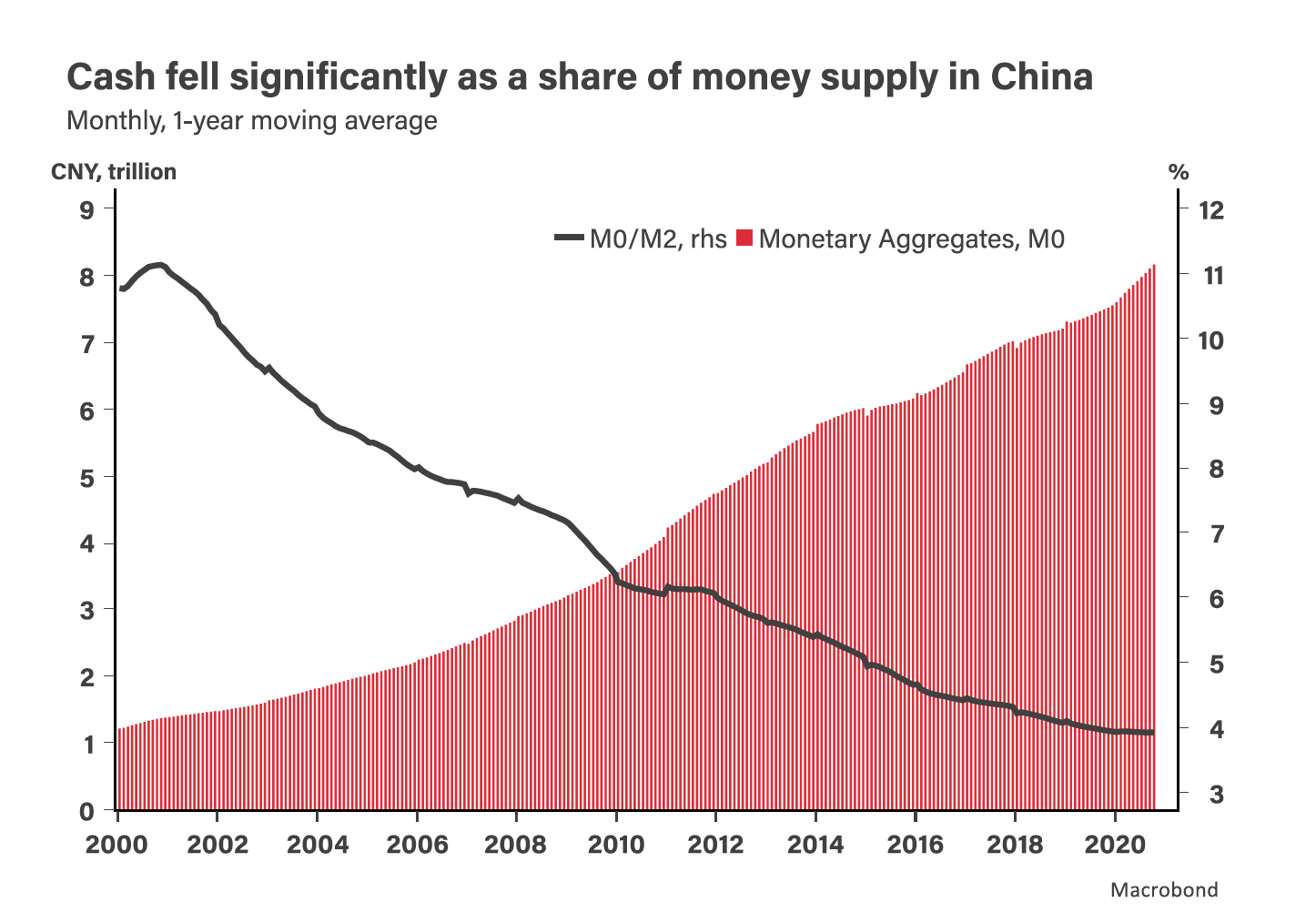
The People’s Bank of China (PBOC) became the first major central bank issuing a central bank digital currency.
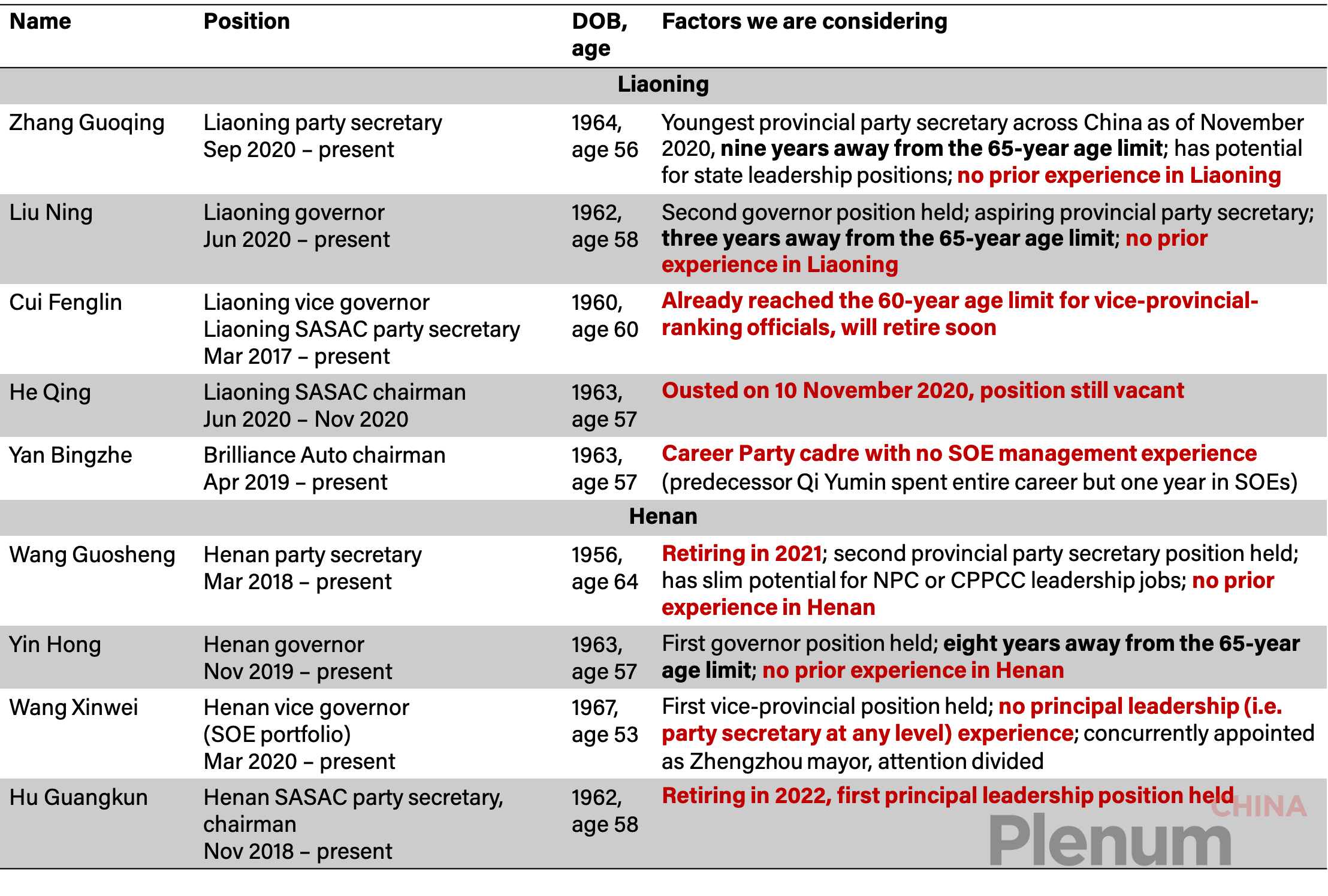
Beijing has urged local governments to be more proactive in dealing with local SOE defaults.
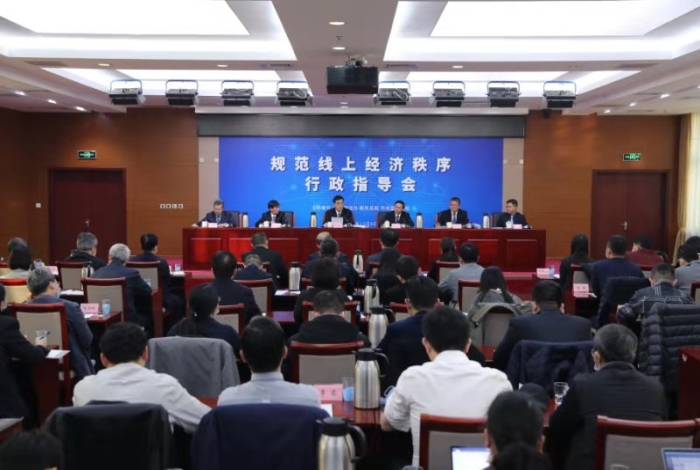
The newly released Guideline strengthens China’s Antitrust Law by addressing major loopholes abused by tech giants.
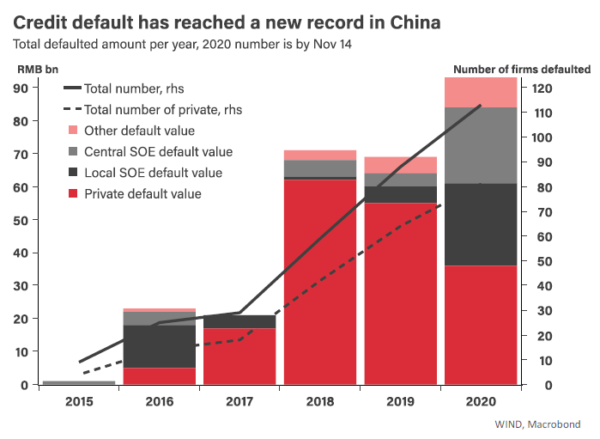
The latest credit market turmoil was triggered by defaults from local SOEs; this could cause a halt of bond issuance and slower credit growth
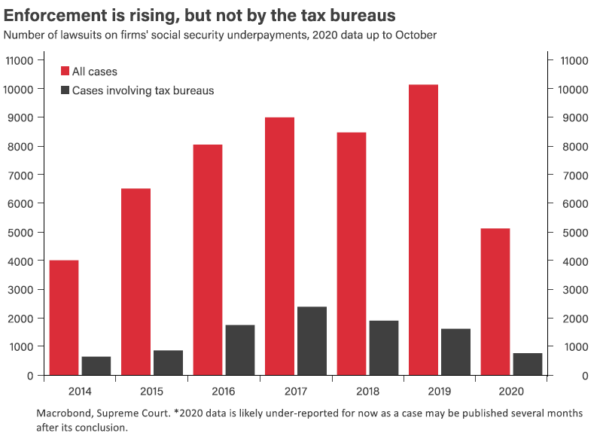
Tax bureaus are now responsible for collecting firms’ social security payments in all provinces, though most of them do not yet verify the payments’ accuracy
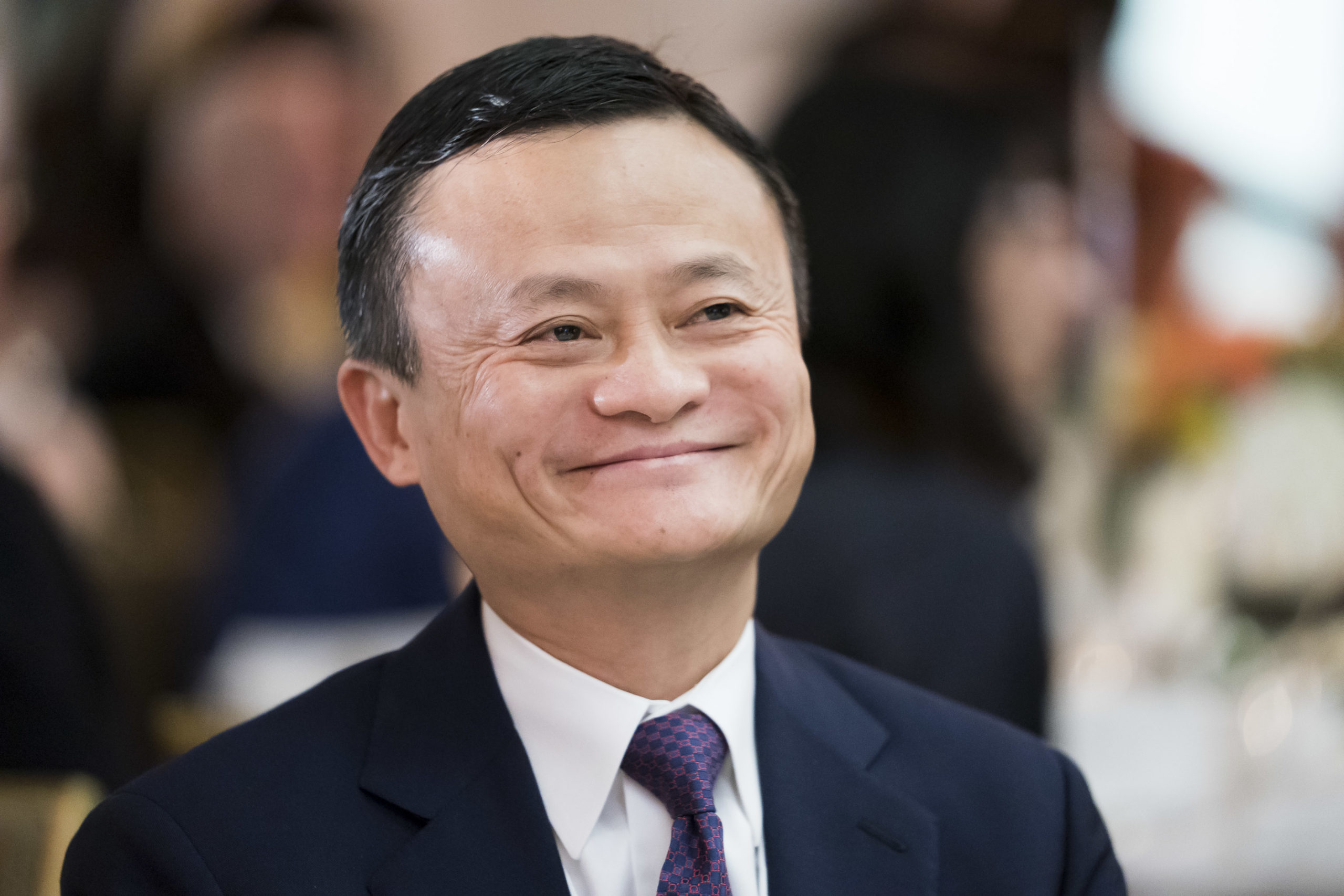
A new regulation on online microlending will force Ant and other microlenders to reduce leverage ratios, but they still enjoy less regulatory oversight than banks
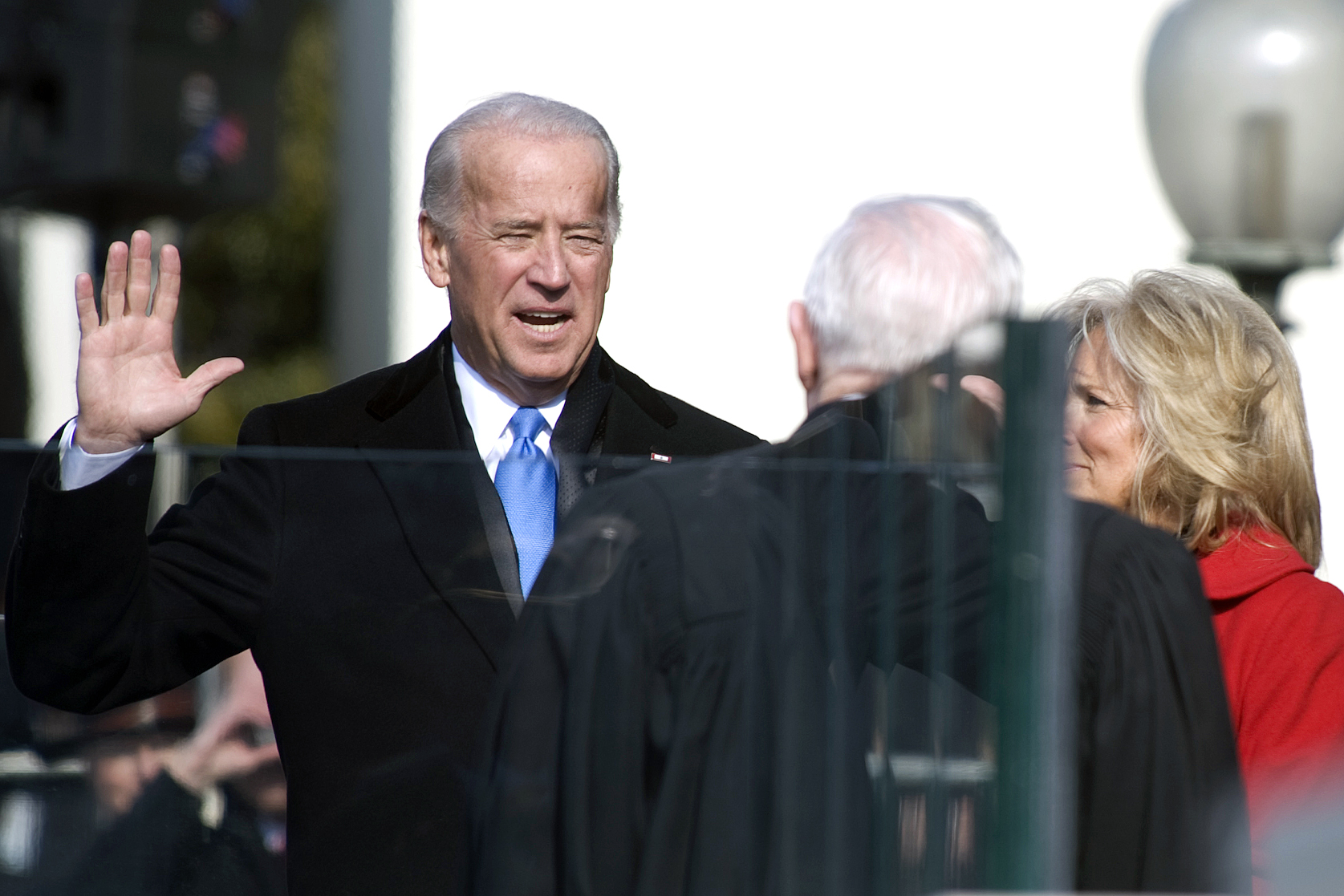
A Biden presidency and a Republican-majority Senate may be the best-case scenario for US-China relations and Chinese assets.